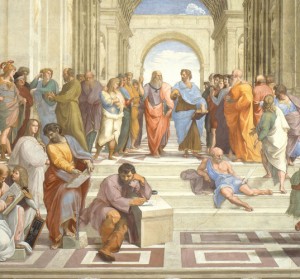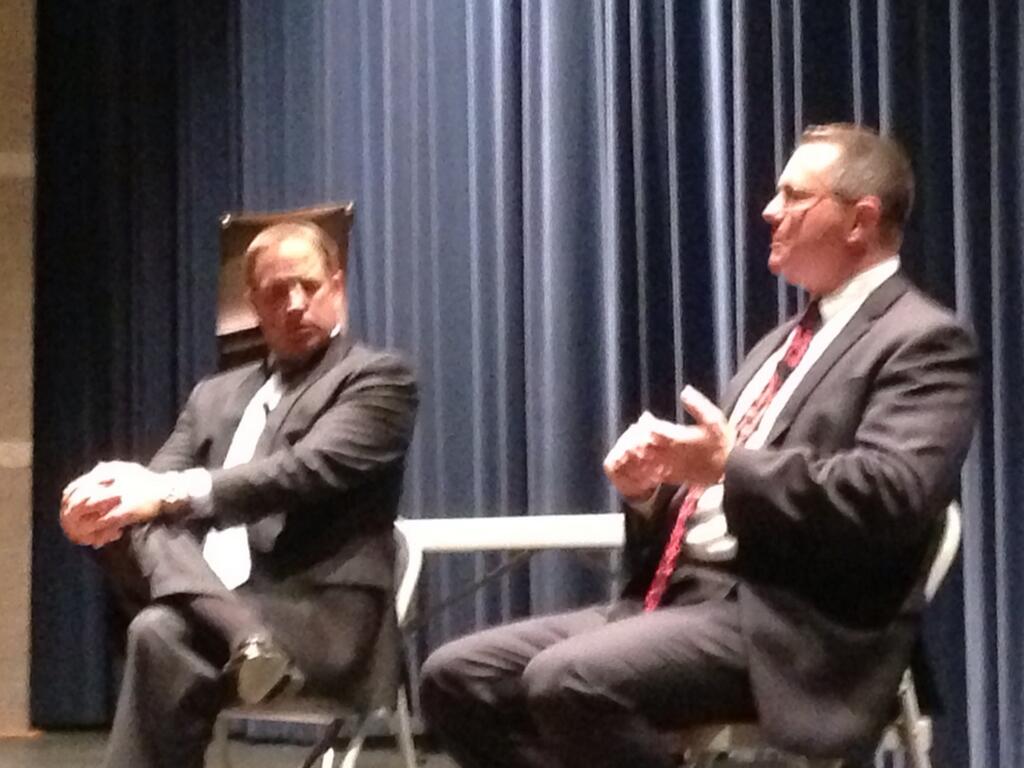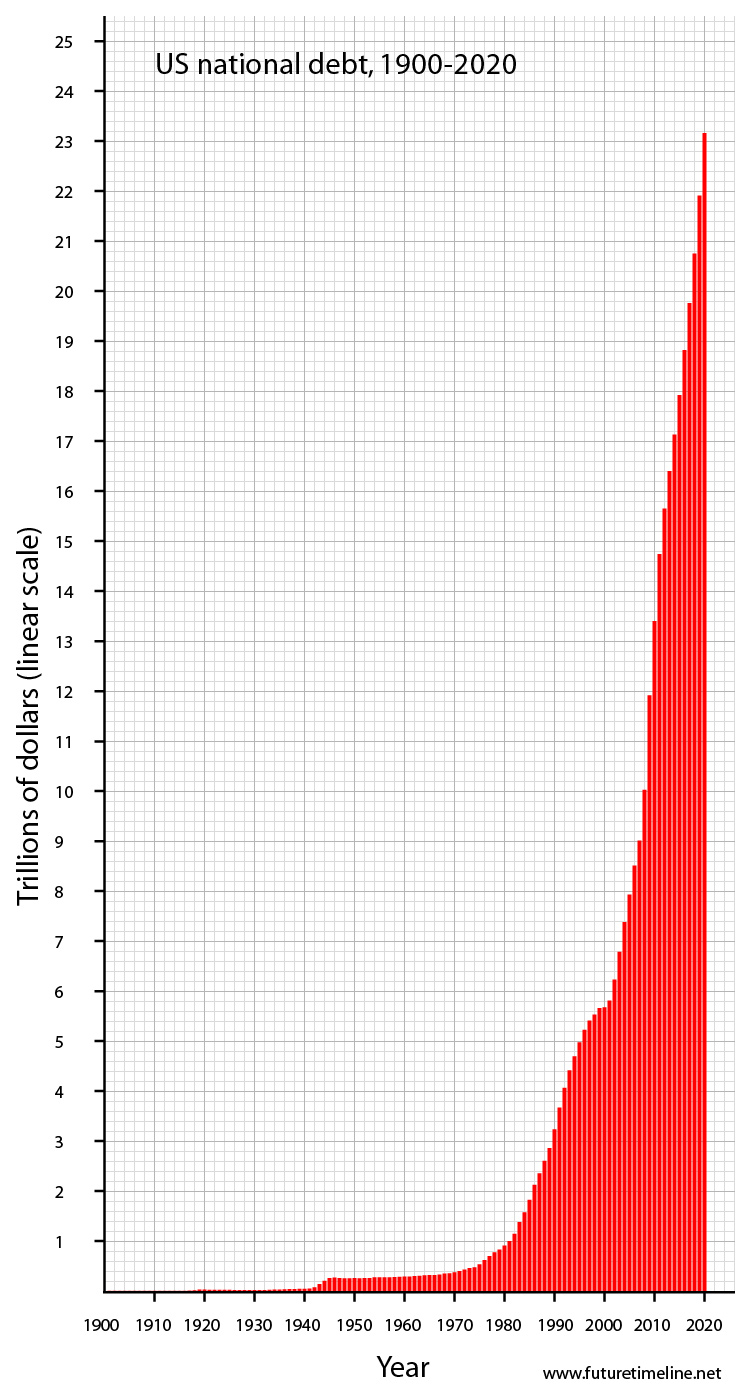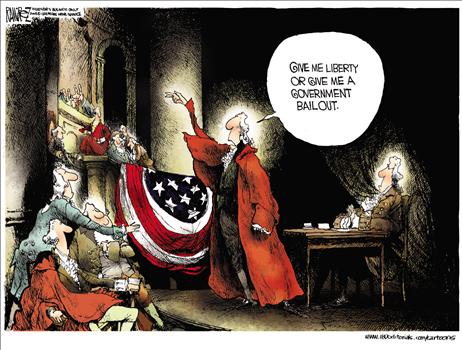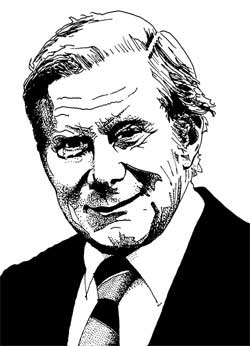While studying Western society, one thought has becoming clear, namely, that free competition is the essence of excellence in any field. For without competitors to keep a person or organization honest, the Five Laws of Decline (FLD) will quickly poison the culture. Competition, in other words, is the antidote to the FLD because it ensures a working scoreboard to evaluate whether the person, company, or team is getting results.
There are two ways to gain wealth in society according to Franz Oppenheimer, the noted sociologist. The first is through economic means by serving customers and producing results they are willing to pay for. The second is through political means by feeding off others results by utilizing the political process in organizations or government. There is only one way to determine if someone is a productive performer or a political operative and that is through creating and evaluating results based upon a scoreboard.
For instance, just because someone is 7 feet tall does not mean he should automatically start in the NBA championship. The coach would evaluate his skills and see how he does against competition. Political factors like how nice he is, how eloquent a speaker, or how tall he is, will never take the place of results in a the competitive NBA. Unfortunately, most of society has rejected the competition model, believing it is too harsh on people who cannot perform, thus America has the greatest sports teams (who still use a competitive model with scoreboards) and, in the main, a declining culture where the FLD run rampant because few desire to keep score.
In LeaderShift, Oliver DeMille and I identified the two types of people as creators and credentialist. Creators can range from the ultra-successful Steve Jobs variety to the lesser-known, but more numerous, everyday producers in every field. Creators are the producers who keep the world afloat through their efforts and excellence. Credentialist, on the other hand, seek to ingratiate themselves into the creators current and benefit without producing. They focus less on results and more on their credentials.
Please don’t misunderstand the point. For there are many people with credentials that can also produce results. Nonetheless, when the main focus in a society moves from producing results to obtaining credentials, the society is on the FLD path. With few exceptions, customers around the world could care less about a person’s credentials and only want to know if the person or company can help them solved challenges. Organizations who solve customer challenges will never lack business, but companies who only care about credentials will soon be unemployed.
Ancient Greece is an excellent example of rewarding creators over credentialist. For they had little in the area of credentials, but only recognized results in the many fields they studied. Historian Michael Grant explains:
The Greeks like talking, and their climate (in which much daily life could take place out-of-doors) supplied sufficient and suitable space to talk: that is to say, to exchange and test thoughts and plans and ideas. They had leisure to engage in these activities – and leisure was a thing they prized . . . All this offered individuals the time and opportunity to give their best – outstanding individuals, that is to say. Here is something of a paradox. For if the collective, corporate city-state provided the framework and background for this lavish array of feats, they were actually undertaken and performed by a relatively few persons. Some forty of fifty of them created the classical Greek achievement. Without them, it would only have been a shadow.
In today’s ages of egalitarianism, where we attempt to suppress all differences, this paragraph becomes even more relevant. For one thing that is indisputably true is that everyone is created different. Each of us has different skills, talents, passions, and purposes. Not only shouldn’t this be suppressed, but it ought to be nurtured from birth. The greatest societies allow freedom for all because no one knows where the amazingly talented person will arise from. What society needs is enough freedom for the cream to rise to the top for the benefit of all.
Millions of people every year travel to Greek lands to study the amazing achievement of the 40-50 individuals, who were given the freedom to display their skills to the world. If Greece would have forced equality and punished those who dared to excel, then no one would speak of Greece and these 40-50 people would have lived and died like millions of other “ants” in all the other anthill ancient societies. Instead, the Greeks birthed Western Civilization and the ability to rise to one’s level of purpose, passion, and production.
I dream of a world where freedom fosters competition that rises the tide for all ships and provides the highest achievers the ability to bless society. LIFE Leadership was created to build a leadership engine for personal and professional growth for people around the world. I believe it’s time for people to stop playing it small in life. Instead, let’s use the freedoms God has blessed us with to leave our mark. Imagine, similar to the ancient Greeks, future generations reading, studying, and discussing the legacy you dared to live.
Sincerely,








